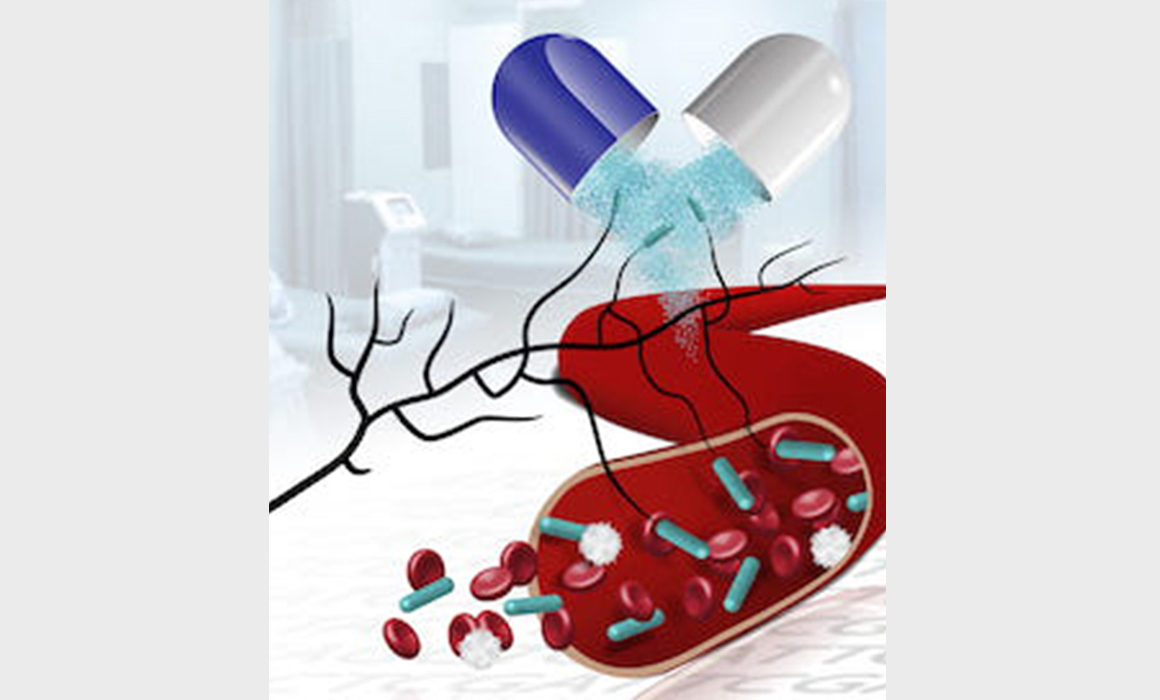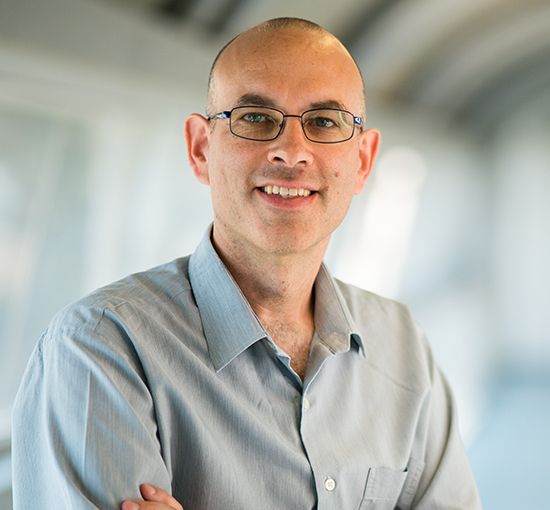Administering probiotics is a common practice during medical treatments. Probiotics have been an essential tool in preventing diarrhea and intestinal diseases and in preventing pneumonia, pancreatitis, and sepsis for inpatient treatment.
But new research from scientists at the Technion – Israel Institute of Technology and Boston Children’s Hospital shows a link between probiotic consumption and blood infections.
The study, by Technion scientists Professor Roy Kishony and Dr. Idan Yelin and research groups led by Professors Gregory Priebe and Thomas Sandora from Boston Children’s Hospital, looked at 5 1/2 years of patient data from Boston Children’s Hospital’s Intensive Care Unit.
During this period, the ICU treated 22,174 patients, 552 of whom received probiotic capsules as part of their treatment. These consisted of Lactobacillus rhamnosus LGG, one of the most common bacteria strains used in probiotics.
All six patients diagnosed with Lactobacillus rhamnosus blood infections during the study were part of the group who received probiotic treatments. None of the patients who did not receive probiotics were diagnosed with this infection.
The research team used innovative genomic tools to prove that the infection-causing bacteria originated in the probiotic. The DNA sequences of the bacteria from the infections, along with the DNA of bacteria from the probiotic capsules, were extracted at the Technion Genome Center.
The analysis revealed that the bacteria in the blood contained LGG, the bacteria strain used in the probiotics. Alarmingly, some of the bacteria found in the bloodstream were new mutations that were not identified in the probiotic bacteria, including a mutation that imparts resistance to antibiotics.
The results show that in some cases, probiotic bacteria find their way to the bloodstream and cause an infection, and that probiotic consumption may also trigger the growth of antibiotic-resistant bacteria.
The possibility that probiotics may have harmful side effects has been raised in the past. But until this study there was no decisive evidence to show a causal link.

